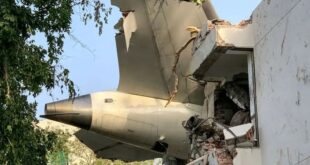
The Ghana Health Service (GHS) has confirmed an outbreak of Dengue Fever in several districts within the Eastern Region. According to a statement from the GHS, nine cases have been verified following testing at the Noguchi Memorial Institute for Medical Research (NMIMR).
Dr. Patrick Kuma-Aboagye, Director-General of GHS, noted that these cases, initially suspected to be clinical malaria, did not respond to antimalarial treatments. Consequently, they were treated as acute febrile illnesses, leading to the confirmation of Dengue Fever.
In response, a team of entomologists and epidemiologists from the national level has joined regional health teams to conduct a thorough investigation. The GHS has instructed Regional Directors of Health Service and Chief Executive Officers of Teaching Hospitals to disseminate this information to all health workers to enhance surveillance and ensure proper management of suspected cases.
The GHS has also outlined measures for the public to mitigate the spread of Dengue Fever:
– Avoid mosquito bites by sleeping under nets and wearing appropriate clothing.
– Destroy mosquito breeding sites by eliminating standing water.
– Proper waste management to reduce potential breeding grounds.
The surveillance case definition for Dengue Fever includes symptoms such as acute febrile illness lasting 2-7 days, headache, retro-orbital pain, myalgia, arthralgia, rash, hemorrhagic manifestations, and leukopenia. Confirmed cases require laboratory verification, including positive IgM antibody, a significant rise in IgG antibody titres, positive PCR, or viral isolation.
 GhArticles.com Every News in Detail
GhArticles.com Every News in Detail


